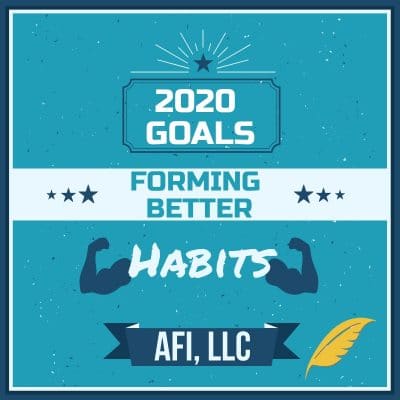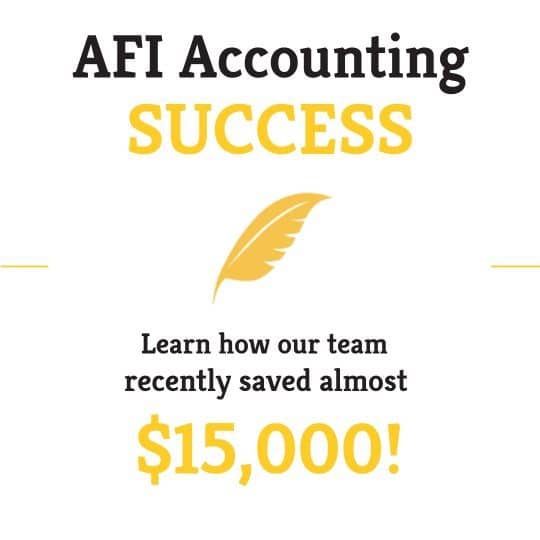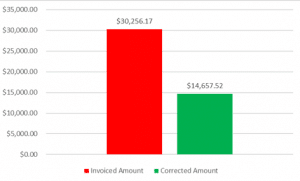Surely by now, most people reading this article have been made aware of the apparent outbreak of COVID-19, more commonly known as the Coronavirus. Some questions that may first come to mind are:
- What is the Coronavirus?
- What are the associated symptoms?
- What can I do to reduce the risk of infection?
According to the Centers for Disease Control and Prevention (CDC), “The Coronavirus is a respiratory illness that can be spread from person to person” (COVID-19, 2020). The World Health Organization (WHO) cites associated symptoms such as fever, cough, difficulty breathing, and other respiratory issues (Coronavirus, 2020). Researchers at Harvard Medical School have made the following recommendations regarding how to prevent the spread of disease (Coronavirus Resource Center, 2020):
- Avoid close contact with people who are sick.
- Avoid touching your eyes, nose, and mouth.
- Stay home when you are sick.
- Cover your cough or sneeze with a tissue, then throw the tissue in the trash.
- Clean and disinfect frequently touched objects and surfaces using a regular household cleaning spray or wipe.
- Wash your hands often with soap and water.
According to an article recently posted in the New York Times, “the virus is spread primarily through droplets expelled when someone coughs or sneezes” (Kaysen, 2020). The article goes on to state that perhaps the most effective way to reduce your chances of contracting the disease, is to remain away from densely populated spaces such as common areas and lobbies. This reality may seem particularly shocking to residents living in an apartment complex who share many of the same facilities. However, Dr. Joseph G. Allen, Director of the Healthy Buildings Program at Harvard University later draws attention away from this notion:
“These common areas are in-fact low risk areas because you’re rarely in close contact for a prolonged period. There’s a better chance of contracting the virus from co-workers, family, or a roommate.” (Kaysen, 2020).
While evidence indicates that the most “at-risk” individuals are those that are in advanced age or have a pre-existing condition such as cancer or diabetes, news of a worldwide “outbreak” has unsurprisingly left many people in distress (McCandless, Starling, & Kashan, 2020). However, much like HIV pandemic, the influenza outbreak before that, and the bubonic plague before that, history would indicate that no matter how serious this virus proves to be, it too shall pass.
What we can be certain of, is that we will be left with lessons learned from this experience. This virus has resulted in increased attention to one of the most basic health and disease prevention methods that commonly goes ignored. “Washing our hands with regular soap under warm running water is one of the best ways to prevent illness and the spread of germs to others” (Tabori, 2020). Whether you live in an apartment, duplex, or single-family home, please remember to help your community by following instructions from medical professionals and continue to wash your hands regularly.
References:
“Coronavirus.” www.who.int, World Health Organization, 12 Feb. 2020, www.who.int/health-topics/coronavirus
Coronavirus Resource Center. (2020, March 12). In www.health.harvard.edu. Retrieved from https://www.health.harvard.edu/diseases-and-conditions/coronavirus-resourcecenter#Prevention
COVID-19. Factsheet. . , Centers for Disease Control and Prevention, 3 Mar. 2020, www.cdc.gov/coronavirus/2019-ncov/downloads/2019-ncov factsheet.pdf
Kaysen, R. (2020, March 7). What Should My Building Be Doing to Prevent Coronavirus?. In www.nytimes.com. Retrieved from https://www.nytimes.com/2020/03/07/realestate/what-should-my-building-be-doing-to-prevent-coronavirus.html
McCandless, D., Starling, S., & Kashan, O. (2020, March 11). COVID-19 #Coronavirus Data Pack. In www.informationisbeautiful.net. Retrieved from https://informationisbeautiful.net/visualizations/covid-19-coronavirus-infographic-datapack/
Tabori, K. (2019, December 2). 5 Ways Germs Spread and How to Stop Them. In www.conehealthmedicalgroup.com. Retrieved from https://www.conehealthmedicalgroup.com/chmg/medical-services/infectious-disease/5-ways-germs-spread-and-how-to-stop-them/














